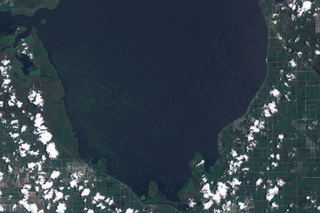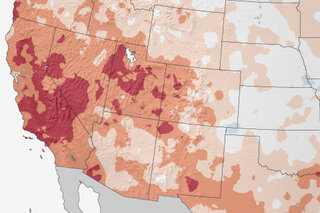
From retreating snow elevations to rain-soaked powder, warming due to human-caused climate change will radically transform U.S. skiing over the remainder of the twenty-first century.
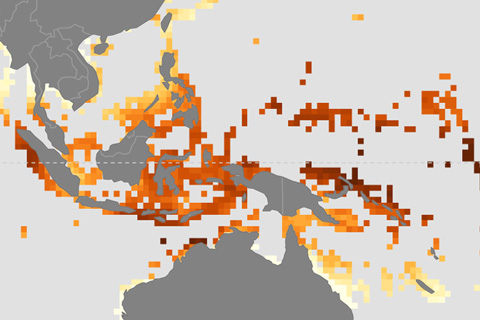
Corals reefs face double threats from rising atmospheric carbon dioxide: severe heat stress and ocean acidification. NOAA researchers have produced maps of future changes in both threats to allow managers to identify the most vulnerable reefs.
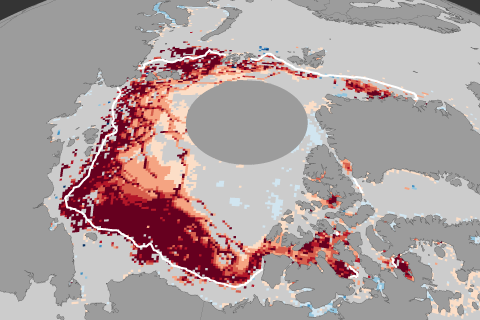
The 2018 Arctic sea ice minimum was not a record low, but it was well below the 1981–2010 average, and it continued the long-term trend of Arctic sea ice decline.
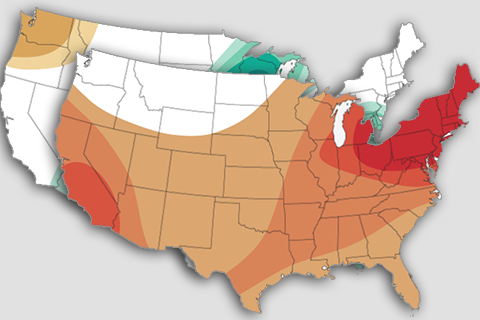
The September 2018 temperature and precipitation Outlooks for the United States predict warmer than average temperatures for much of the country and wetter than average conditions for the central Plains and eastern seaboard.
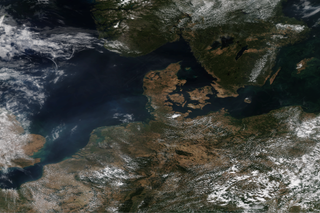
A hot, dry summer has led to drought in Europe in 2018
August 30, 2018
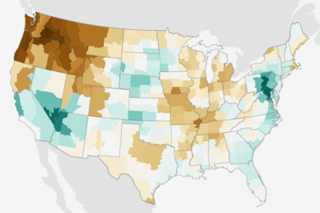
A soggy summer for the Mid-Atlantic in 2018
August 23, 2018
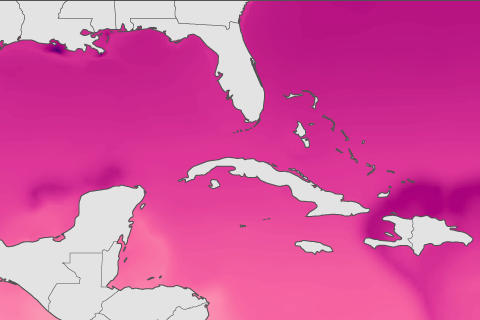
In addition to carbon dioxide emissions, seasonal changes can alter ocean acidity. Higher ocean acidity can impact people's food, income, and industry.
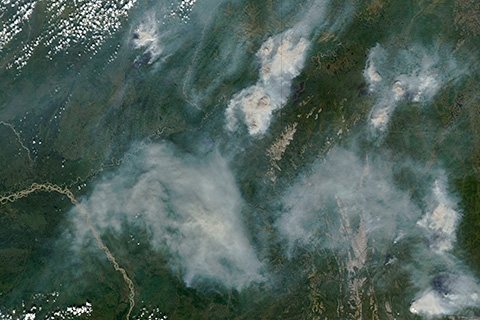
In a sidebar to the State of the Climate in 2017 report, experts describe how human-caused climate change is leading to longer, more damaging fire seasons in the evergreen-dominated boreal forests of Alaska, Canada, and Eurasia.
